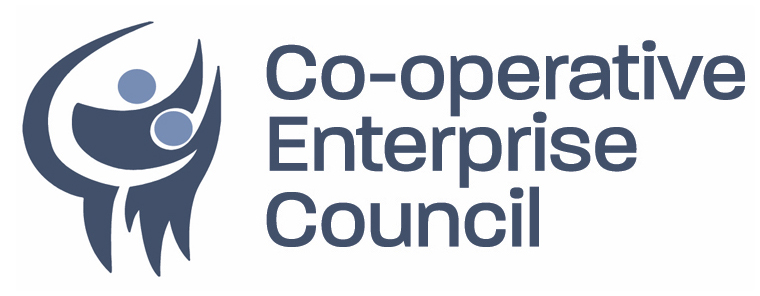
In How to Build an Economy for the 99%, Wendy Keats recommends five key strategies based on two important criteria: 1) they have been tried-and-proven, more than once, to help build more inclusive, sustainable economies; and 2) they can’t cost taxpayers one more cent than we pay now.
The following strategy demonstrates how co-operative or collective ownership models can completely change how wealth gets distributed to the many from the few, and the difference it makes when people are meaningfully engaged.
“The three wealthiest people in the United States — Bill Gates, Jeff Bezos, and Warren Buffett — now own more wealth than the entire bottom half of the American population combined, a total of 160 million people or 63 million households.”
Ok, so let’s just put the cards on the table. When three people can own more wealth than 160 million combined, we’ve got a horribly broken system.
The capitalist economic model adopted in the mid 1970s resulted in the control of our economy being transferred from the public to the private sector through the elimination of price controls, deregulation of capital markets, lowering of trade barriers, privatization and austerity. It is almost single-handedly responsible for bringing about the financial meltdown of 2008, the offshoring of wealth and power, increasing poverty, the slow demise of public health and education, the acceleration of climate change, and even the rise of Donald Trump. It has endangered democracy, workers’ rights, and sovereign nations’ right to self-determination. In short, the capitalist economic model is THE number one reason that a handful of people got uber-rich while millions upon millions grew poorer.
It is nothing short of obscene that 1% of the population hoards enough wealth to feed all the starving children in the world, and pure insanity that they are considered the successful business leaders of our time.
Tried-and-proven models

If we want an economy that works for everyone, it’s clear we need a different business ownership model - one that rewards people and communities fairly - and provides meaningful opportunities for workers to be engaged, have a voice in things that affect them, and even a share in the profits they help create.
Once again, we do not have to reinvent the wheel. The Mondragon Co-operative is perhaps one of the best-known examples of how an entire region (or country) can shift their economy to a collective ownership model. Established in the Basque region of Spain following an economic collapse in the 1950s that devastated the economy, a priest convinced a few people to establish democratically-owned and operated worker co-ops. Mondragon has since grown to include 266 co-ops operating in 97 countries, with annual sales exceeding $18 billion - equivalent to those of Kellogg’s or Visa.
Mondragon employs more than 80,000 people (half of whom are women) and all its worker-owners share in the profits of the co-operative. It has its own employee benefit package with health care, pensions, unemployment insurance, education and training, as well as a co-operative university and technical schools that provide ongoing innovation, vocational training, skills development. Locally-owned credit unions finance the growth and development of new worker-owned businesses and build community wealth.
“For the future health of our planet and its citizens, we need to democratize our market-driven economy by creating ownership structures that, by their very nature, lead to more sustainable, generative outcomes”
Canada already has thousands of examples of collectively-owned and democratically-governed businesses, including public institutions that are otherwise frequently owned by large corporations, such as energy, health care, education, transportation, broadband, and more. These public institutions represent billions of dollars in economic activity that can create community wealth, rather than line the pockets of the ruling elite.
Co-operatives in Canada create $55 billion in economic value and are far more resilient than other forms of business. Studies show they are twice as likely to succeed in both the short and long term, with a five-year survival rate of 80% compared to 41% for other businesses. Co-ops are particularly resilient during hard times, like those we are facing now. Following the 2008 financial crisis, they actually grew at three times the rate of the economy in general and created six times as many jobs.
Solution

To create a fair, inclusive, sustainable economy, we need to shift away from the dominance of the capitalist business model to collectively and publicly owned enterprises with double or triple bottom lines, where the health and well-being of people and the planet is more important than making huge profits for the ruling elite.

